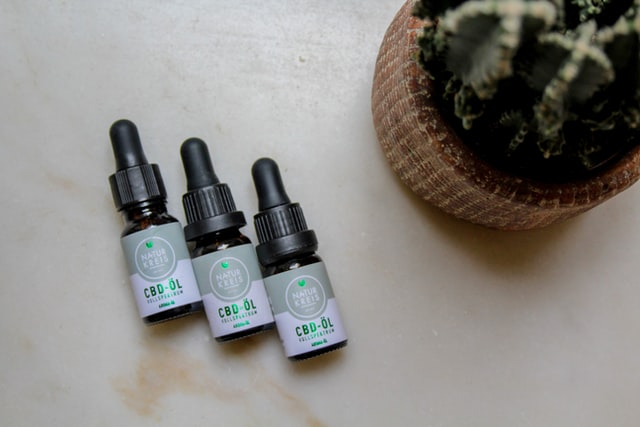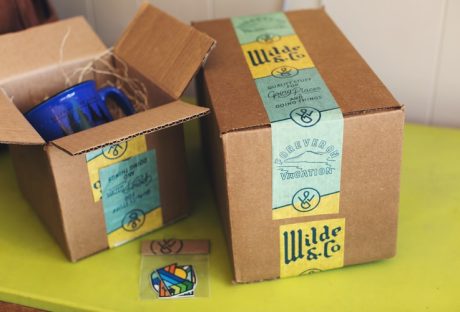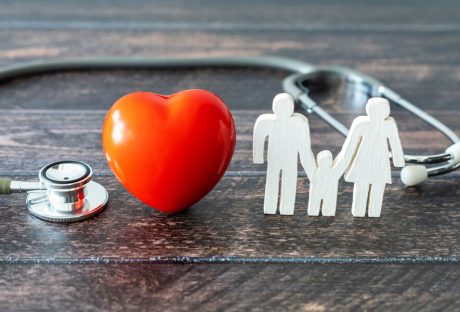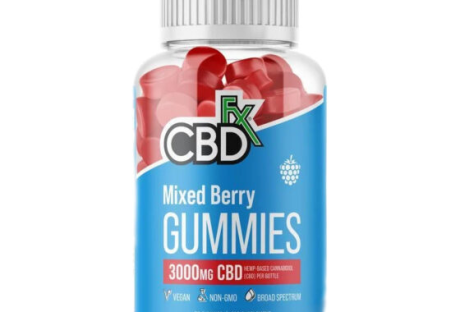Cannabidiol or CBD is quite famous for several reasons, like being a natural remedy for many ailments while not making you high. This fact has attracted lots of people into using it. You’re also on the right side of the law with CBD use.
THC, or tetrahydrocannabinol, which is also a chemical compound found in cannabis, makes you “high” after using it. Most CBD products have minimal traces of THC that will not induce any psychoactive feelings.
Using CBD doesn’t necessarily mean your drug results will come out as unfavorable. The drug tests screen for THC and not CBD, but most CBD products contain trace amounts of THC, which will get detected.
Below is an in-depth analysis of how CBD may or may not make you fail your drug test.
What Is CBD?
CBD, made from either the cannabis or hemp plant, now comes in various forms such as oils, capsules, tinctures, and balms. These plants are varieties of the same cannabis species — Cannabis sativa.
Cannabis sativa has over 400 chemical compounds that researchers have identified. Around 80 of these are biologically active. Among these active compounds, the most important ones are cannabinoids.
These compounds appear nowhere else naturally, apart from the cannabis plant. Some cannabinoids like CBD, THC, CBD (cannabigerol), CBC (cannabichromene), and CBN (cannabinol) are more abundant than others. THC and CBD are the primary compounds. Numerous researchers are studying CBD and trying to understand the benefits it possesses for conditions like anxiety, depression, insomnia, and chronic pain, just to mention a few.
CBD products, under government supervision, are allowed not more than 0.3% of THC. Even the best CBD pills or any other CBD product follow these guidelines. Very few manufactures go above this limit.
How Drug Tests for Cannabis Work?
From a study done in 2020, a urine test will test several substances. These are:
- Amphetamines
- Alcohol
- Benzodiazepines
- Cannabis
- Cocaine
- Opiates
The urine test is the standard for testing cannabis use. The drug screening is based on an “immunoassay test” that uses antibodies created to attach to specific drug markers or metabolites.
Therefore, these antibodies will attach to the metabolites of THC if it’s present in urine, then give a signal that shows the test as “positive.”
Read Also:
- How Many Jobs Are Available In Real Estate Investment Trusts
- 0123Putlockers And Servers
- What Are The Three Components In The Youtube Ecosystem?
- How to Download Game Of Thrones Putlocker Online for Free?
- Which Type Of Portfolio Might A Young Investor Who Is Not Afraid Of Risk Choose?
- How to Plant Grass Seed on Hard Dirt?
























